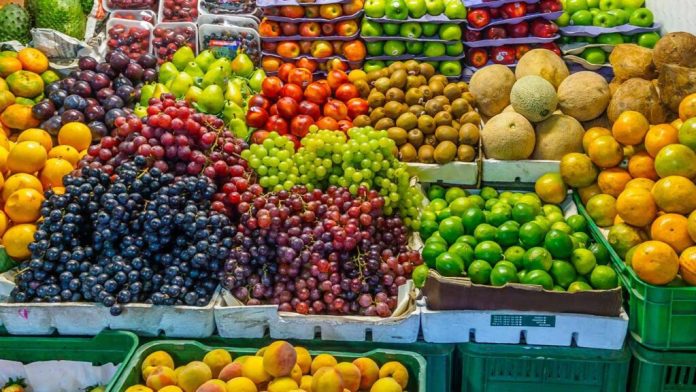In the first half of this fiscal year, the money earned from selling agricultural and food products to other countries saw a significant increase of 64%. This positive trend has played a crucial role in narrowing the gap between the money earned from exports and the money spent on imports for our country.
The total revenue generated from the sale of agriculture and food products reached $3.847 billion from July to December 2023-24, marking a substantial rise compared to $2.345 billion in the same period the previous year. This boost in earnings is considered a substantial and beneficial development for our country’s economy.
During this timeframe, the overall value of exports, encompassing various goods, increased by 5.17% to $14.98 billion. Simultaneously, the value of imports, representing the things we purchased from other countries, decreased by 16.28% to $26.13 billion.
This positive shift is encouraging news, suggesting that our country is not only making more money from selling goods but also spending less on imports. As a result, this has contributed to a notable reduction in the trade deficit, decreasing by 34.3% to $11.14 billion in the first half.
Despite the increase in the sale of agriculture and food products, the data indicates that the prices of these items did not see a significant rise. Notably, the substantial growth in earnings came from the export of rice, nearly doubling in the first six months.
Rice exports generated $1.64 billion during this period, compared to $841 million the previous year, reflecting a remarkable increase of 96%. Exporters are optimistic that, with government support, rice exports could potentially reach $10 billion.
Other products also experienced notable increases in exports, such as maize (corn), sesame seeds, and ethyl alcohol. Maize exports tripled to $262 million, sesame seeds export increased by 273% to $364 million, and ethyl alcohol export surged by 497% to $259 million. Meat exports also saw a rise of 23%, reaching $239 million. However, the export of fats and oils made from animals or plants decreased to $15 million from $51 million in the first half of the last fiscal year.


